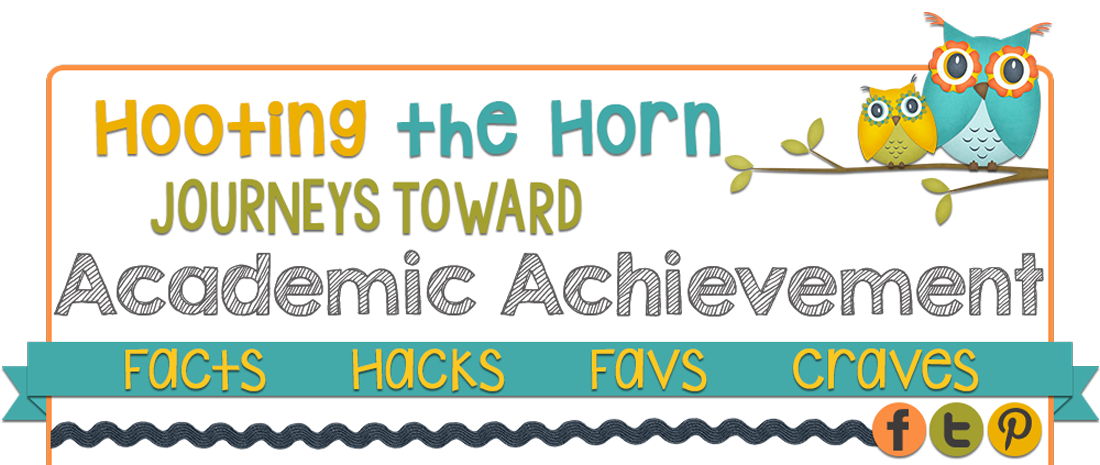 As a Texas math teacher, I’ve just implemented a series of
new math standards in my classrooms. One critical part of the new standards is
personal financial literacy. The Texas legislature has decided that students
need to be aware of the impact financial knowledge and decisions can make on
their lives, and I wholeheartedly agree. One of the standards requires sixth
grade students to “explain various methods to pay for college, including
through…student loans” (TEKS 6.14G, 2012). In our lessons, we explored the
costs to attend various colleges and what could happen if students decided to
take out student loans. I also told them my own student loan story.
As a Texas math teacher, I’ve just implemented a series of
new math standards in my classrooms. One critical part of the new standards is
personal financial literacy. The Texas legislature has decided that students
need to be aware of the impact financial knowledge and decisions can make on
their lives, and I wholeheartedly agree. One of the standards requires sixth
grade students to “explain various methods to pay for college, including
through…student loans” (TEKS 6.14G, 2012). In our lessons, we explored the
costs to attend various colleges and what could happen if students decided to
take out student loans. I also told them my own student loan story.
My parents always stressed that “I would never have to pay
for a higher education,” if I kept my grades up. I worked hard and earned
partial scholarships in undergraduate and graduate school, but I still decided
to take out students loans to cover the rest of my college expenses. I made
sure I was an informed borrower, even trying to pay the interest that began to
accrue while I was still in school. Once I graduated and began working in the “real
world,” it was time to pay back the loans. I struggled a bit at first, but
found a balance that worked. When I changed careers, the salary I made barely
covered my living expenses and loan payments. I began what I like to call “the
student loan dance.” I moved through a series of deferments and forbearances
and finally ended up on an income-based plan that has given me a sense of peace.
One of my students asked what would happen if “I decided not
to pay [my student loans].” I explained the concepts of default, lawsuits, and
garnishment. In Texas, defaulting on a student loan would result in losing my
educator’s license. I’m sure many other states have similar measures.
Ultimately, I told my students that when I decided to get student loans, I was
taking out a mortgage on myself – and that’s not a bad thing. My personal “mortgage”
gave me the opportunity to get a great education and impact the lives of
hundreds of students over the years. And, just as I work hard to keep a roof
over my head, I work hard to make sure that one day, I will make that last
student loan payment. One day…
A quick lesson in student loans:
- Allow students to research the cost to attend college for four years
- If you have access to computers or tablets,
direct students to one of the online student loan calculators. Bankrate.com has
a good one: http://www.bankrate.com/calculators/college-planning/loan-calculator.aspx
- After students find their potential repayment
amounts, have them search for their potential annual salaries based on their
future careers. I totally rely on the United States Bureau of Labor
Statistics: http://www.bls.gov/oes/current/oes_nat.htm
- Students should then calculate how much of their
potential salaries will be used on student loan payments.
- In a writing prompt, ask students if the amount
of the loans and their potential salaries will impact their decisions on where
they want to attend college.

No comments: